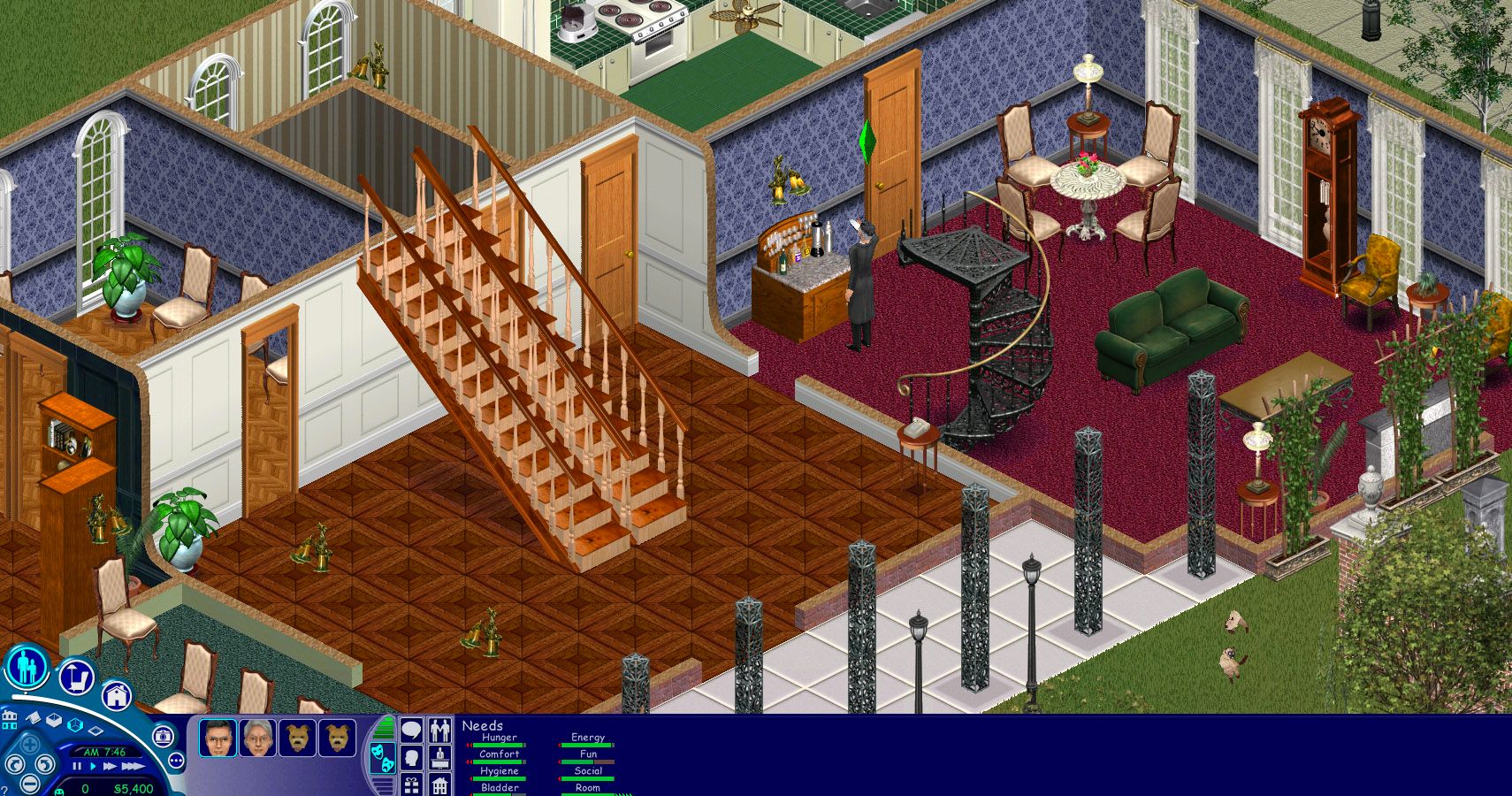

And it has once again brought new blood into the business, attracting almost equal numbers of male and female players, unheard of in the testosterone-soaked gaming industry. It has spawned hundreds of fan sites where players swap items they've built for the game and stories based on Sims characters.


"The Sims" has consistently been at the top of computer game sales charts since it was released a year ago. At which point I kind of took the whole thing underground. "We had an official product-selection committee, and I gave my spiel to the committee, and they actually rejected it they thought we couldn't do it. "Internally, 'The Sims' was a huge struggle getting it released, much more than 'SimCity,'" Wright says. He had to do the early work on "The Sims"-a sort of microcosmic version of "SimCity" in which players control the actions of individual characters-in secret after co-workers labeled the idea a dud. So you'd think that when Wright had a new idea, no matter how unconventional, those around him would listen. The game also spawned one of the biggest companies in the computer game business, Maxis, acquired several years ago by industry leader Electronic Arts.

Various incarnations of the game-from early DOS versions to the current "SimCity 3000"-have sold a combined 7 million copies, many bought by people who had previously never considered playing a computer game. Wright's creation-"SimCity"-went on to become a popular-culture phenomenon. In the intervening decade and a half, we have a clearer idea of just who was nuts. When Will Wright proposed a game dominated by activities such as municipal zoning and transit planning and with no preset conditions for victory, the gaming industry thought he was nuts.


 0 kommentar(er)
0 kommentar(er)
